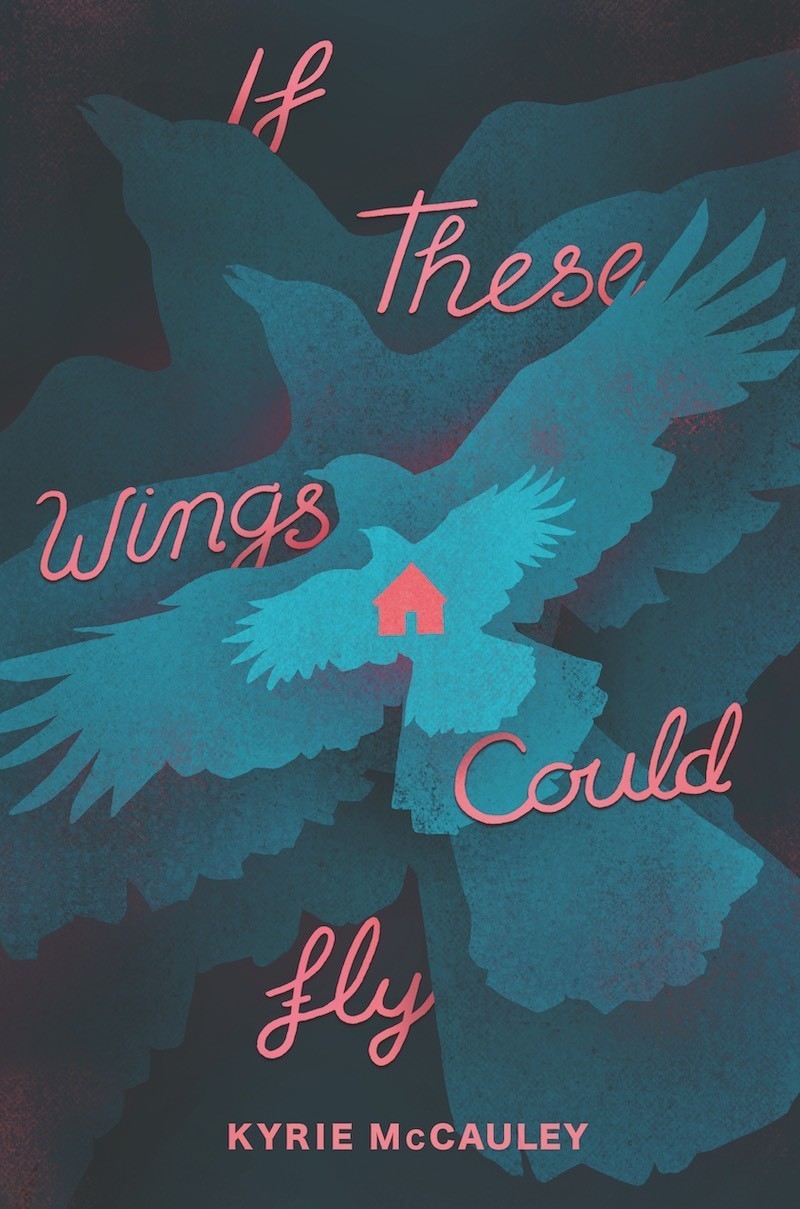Chapter 24
byChapter 24 opens with the protagonist returning home after an evening that had, until then, brought her a rare sense of peace. The calm she feels is shattered when she walks into the kitchen and discovers utter chaos: a broken dish in the sink, burnt chicken, and boiling water left unattended, signaling that something went terribly wrong in her absence. As she begins to process the mess, she hears a soft whimper from the living room and finds her younger siblings, Campbell and Juniper, huddled together in the dark. They reveal that Campbell had reacted angrily when he saw the burnt food, throwing dishes in frustration, which leaves the protagonist to confront the underlying tension that has been festering within their home. The mess in the kitchen becomes a metaphor for the emotional wreckage within their family, a symbol of how anger and frustration can disrupt even the smallest moments of peace.
As the protagonist listens to her siblings’ explanations, she senses the unsaid feelings that linger between them, especially regarding their father’s erratic behavior. Her concern for their mother, who may be upstairs, only grows, as she anticipates what might happen next. The quiet that fills the house after the outburst is somehow more unnerving than any shouting would have been, as if the calm before a storm is always the most dangerous. The siblings converse quietly, discussing their day and their fears, their voices full of innocence yet shadowed by the uncertainty of their home life. The protagonist tries to provide them comfort, even as her own anxiety about the instability at home deepens. Despite her attempts to reassure them, she knows that their lives, and her own, are inextricably tied to the unpredictability of their father’s temper, making the future feel precarious and uncertain.
The tension only deepens as the protagonist contemplates the sounds coming from upstairs, hinting at yet another conflict between her parents. When they finally come downstairs, her father’s smug attitude does little to ease the growing sense of discomfort in the room. The volume of the loud music that fills the house only amplifies the dissonance, while the mother’s dismissive responses to the situation only add fuel to the protagonist’s frustration. In the midst of this emotional turbulence, the protagonist retreats to cleaning and tidying up, an attempt to restore some semblance of order in a world that feels out of control. The physical act of cleaning becomes her coping mechanism, a way to assert control over her environment, even when everything else is in chaos. Yet, as she goes through the motions of straightening up the house, the emotional undercurrents of the day weigh heavily on her, reminding her that some things—like the emotional fractures within her family—cannot be so easily fixed.
Amidst the chaos and emotional turmoil, the protagonist has a brief, almost magical moment of solace when she encounters Joe, a crow that brings back Juniper’s lost leather cuff. This simple act of the crow returning the cuff becomes a symbol of hope, reminding the protagonist that even in the darkest of times, there can still be moments of unexpected grace. As she reflects on the crow’s actions, she begins to draw a parallel between the crow’s behavior and the lessons of resilience she’s learning from her own struggles. The crow, much like the protagonist, seems to be navigating a difficult world, but in the process, it shows that even small gestures of kindness or recovery can bring light to the darkest situations. This symbolic return of the cuff mirrors the possibility of finding healing, even when it feels like everything is falling apart. The protagonist also reflects on how bravery doesn’t always mean fighting or confronting the world directly; sometimes, it’s about knowing when to retreat, to step back from harm, or to choose a different path entirely. This insight resonates deeply with the protagonist, as she contemplates her own fears and the difficult decision of whether to stay and endure or leave to find something better.
The chapter concludes with the protagonist meditating on the deep, underlying struggles of her family and her place within this complex web of emotions. While the gesture of the crow and the idea of retreating in the face of danger offers a flicker of hope, the protagonist is left to grapple with the heavy burden of her reality. The chapter delves into themes of family conflict, resilience, and personal courage, portraying the emotional and psychological weight that children often carry when trying to make sense of their home lives. The protagonist’s internal conflict is palpable, as she is torn between her desire to escape the chaos and her love for her family, which keeps her tethered to a painful but familiar world. In the end, the chapter encapsulates the protagonist’s struggle to reconcile her fears with her growing strength, her desire for safety with the recognition that finding peace often requires great sacrifice. The emotional journey she embarks on in this chapter speaks to the universal experience of growing up in a turbulent environment, where each decision is fraught with complexity and emotional weight.

